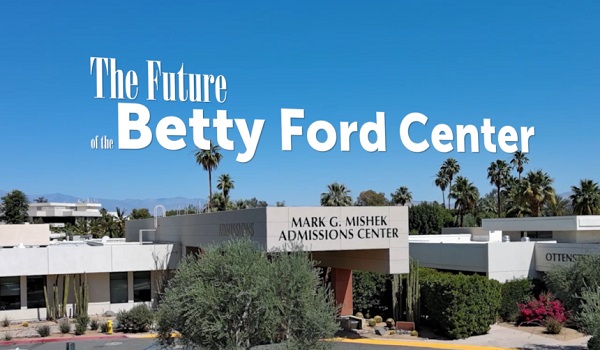
The Betty Ford Clinic, now known as the Betty Ford Center, is a world-renowned addiction treatment center located in Rancho Mirage, California. Founded in 1982 by former First Lady Betty Ford, the clinic has helped countless individuals overcome addiction to drugs, alcohol, and other substances. While the center has undoubtedly saved many lives, it is difficult to accurately measure its success rate.
Success rate of the Betty Ford Center
One reason it is challenging to determine the success rate of the Betty Ford Center is that success is subjective. For some individuals, success may mean achieving complete abstinence from drugs or alcohol for the rest of their lives. For others, success may mean successfully completing a treatment program and learning the skills necessary to manage their addiction and maintain sobriety over time.
Another factor that makes it challenging to determine the success rate of the Betty Ford Center is the fact that addiction is a chronic disease. Addiction is characterized by relapse and remission, meaning that individuals who achieve sobriety may relapse at some point in the future. Thus, measuring the success of addiction treatment centers like the Betty Ford Center can be challenging.
Betty Ford Center data
Despite these challenges, the Betty Ford Center has published data on its outcomes, which can provide some insight into the success of its programs. According to the center’s website, 84% of individuals who complete the 30-day residential program at the Betty Ford Center report being sober one year after treatment. Additionally, 45% of individuals who complete the 90-day residential program report being sober five years after treatment.
While these numbers may seem promising, it is important to keep in mind that they do not provide a complete picture of the success rate of the Betty Ford Center. For one, these numbers only apply to individuals who complete the center’s residential programs, meaning that individuals who drop out of treatment or do not complete the program are not included in these statistics.
Additionally, these numbers only measure success in terms of abstinence from drugs and alcohol, which, as previously mentioned, is just one way to measure success in addiction treatment. Success in addiction treatment can also be measured in terms of improvements in mental health, overall quality of life, and ability to manage addiction over time.
Betty Ford Center limitations
Despite these limitations, the Betty Ford Center has undoubtedly helped many individuals overcome addiction and achieve sobriety. The center’s approach to treatment is based on the 12-step model, which emphasizes spiritual growth, acceptance, and accountability. The center also offers evidence-based therapies such as cognitive-behavioral therapy and dialectical behavior therapy, which have been shown to be effective in treating addiction and co-occurring mental health disorders.
One unique aspect of the Betty Ford Center is its focus on treating addiction in women. Women often face unique challenges in addiction treatment, such as trauma, childcare responsibilities, and societal stigma. The Betty Ford Center offers specialized programs for women that address these unique challenges and provide a safe and supportive environment for women to heal and recover.
In addition to its residential programs, the Betty Ford Center offers outpatient programs, aftercare services, and family programs. These programs are designed to provide ongoing support and education for individuals in recovery and their loved ones.
Conclusion
The success rate of the Betty Ford Center is difficult to measure due to the subjective nature of success in addiction treatment and the chronic nature of addiction. However, the center has published data on its outcomes that suggest a high rate of success for individuals who complete its residential programs. The center’s focus on the 12-step model, evidence-based therapies, and specialized programs for women make it a unique and effective option for individuals seeking addiction treatment.


